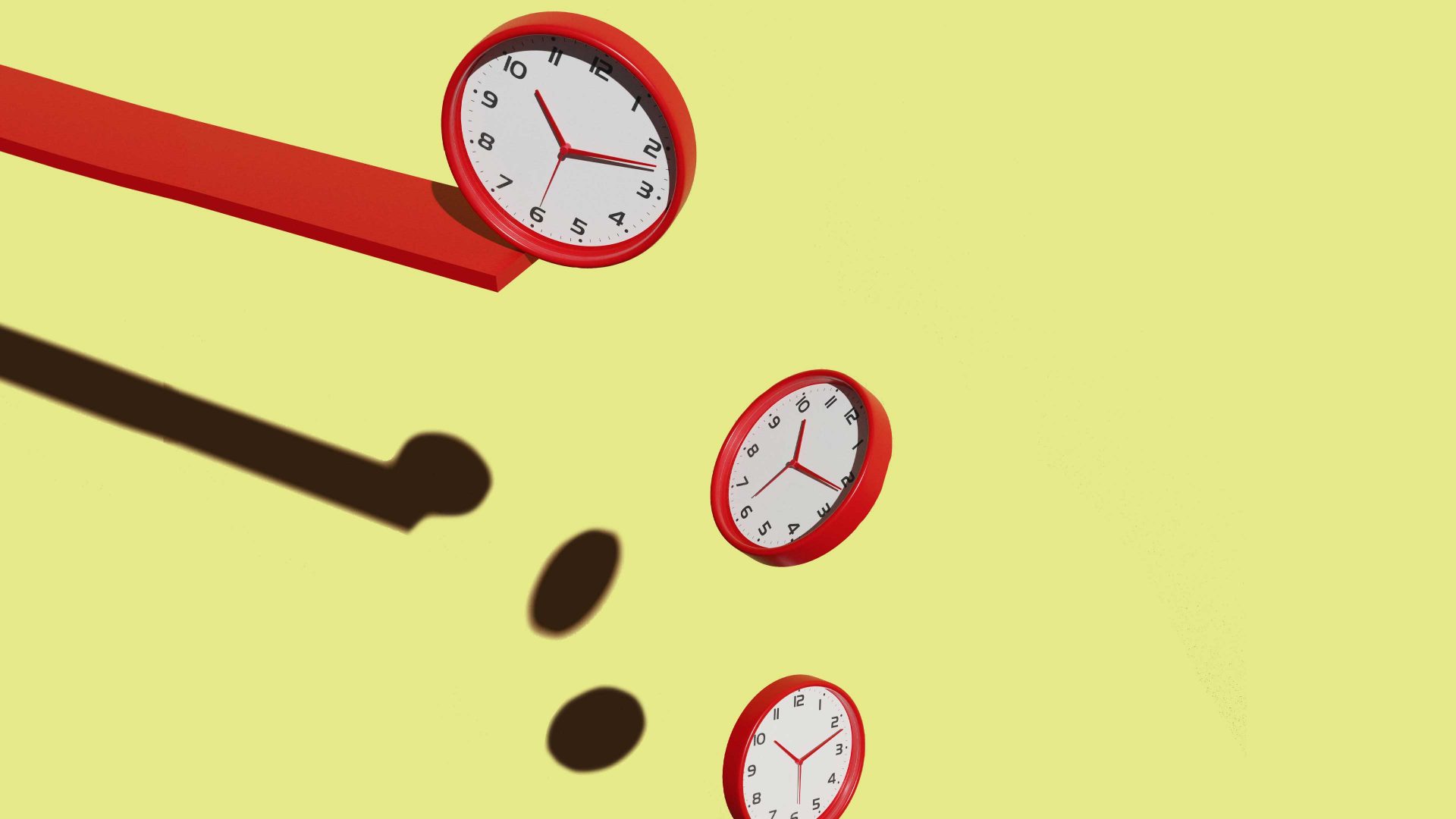The cyclical nature of calendar time gives us the illusion if not of an eternal recurrence, at least of a repetition with variation on a theme. January again. New Year’s resolution time. Back to work after the holiday season. Cold weather, but already thinking about spring.
But will the future really be much like the past? The only evidence that our seasons and weather in 2024 will follow the pattern set by recent years is inductive. It’s always been relatively cold in winter in the UK, and the temperature rarely gets above 30C in the summer, so it will be like that in the future. As philosophers from David Hume in the 18th century onwards have been quick to point out, inductive reasoning like this is unreliable. The only ground we have for believing that the future will resemble the past is itself inductive. Bertrand Russell used the example of a turkey that wakes up every morning and is fed by the farmer and left to go about its business. The turkey is taken by surprise when it wakes up on Christmas Eve and has its throat slit. It had naively assumed that because it had been well treated up until that point, it would receive similar care in the future. It was badly wrong about that.
When it comes to the climate crisis, many of us are like the turkey. We don’t want to imagine our way of life being destroyed by global warming. In the past, the weather hasn’t killed millions around us, so we naively assume that things will continue along much the same lines in the future. But as David Hume pointed out, we can’t even be sure that the sun will rise tomorrow. Regularity of sunrises in the past is no guarantee of future sunrises following the same pattern. Our default position is to rely on our habit of expecting the future to resemble the past in important respects. But it is not now wild thinking to believe that 2024 will be substantially different from 2023. My bet is that weather-wise at least, 2024 will be very disconcerting and that there will be far more extreme weather events than we’ve experienced in the past – the future won’t be like the past in that respect – too many tipping points have been passed. I hope I’m wrong.
In Friedrich Nietzsche’s writing, the concept of eternal recurrence crops up in several places. It features prominently in his book Thus Spake Zarathustra. He believed it was his most important idea. But what he meant by it is not completely clear. Most of his contemporary readers thought he was endorsing a cosmological thesis about time – perhaps he really did believe that everything we do now will literally recur in an infinite series of identical loops for all eternity. The thought is no weirder than present-day physicists’ notion of the multiverse, the idea that infinitely many parallel universes exist alongside each other, playing out all the possible variations on reality, as if in a story by Jorge Luis Borges.
In his book, The Gay Science, however, Nietzsche asks how you would react if a demon came to you and said that you had to live your present life innumerable times without anything new ever happening. This isn’t like the movie Groundhog Day, in which – spoiler alert – subtle changes begin to occur in a day that repeats itself. In Nietzsche’s imagined universe every joy and pain would be precisely the same, every thought, every banal event, everything in the same sequence, over and over and over again. No development, and no chance of a different ending. Would you gnash your teeth and believe you had been cursed, or would you embrace your situation in full yea-saying mode, and feel like a God? This seems less like a thesis about how time repeats itself, and more like a thought experiment, a test of whether you are living fully and without regrets. It is the proto-existentialist notion that if you would embrace your choices and actions even if it turned out that you were stuck in this eternal loop of recurrence, then that’s an indicator that you are living authentically. If one time round feels more than enough, you’re going wrong somewhere.
Perhaps we should test any putative New Year’s resolution using Nietzsche’s thought experiment: would you want to enact that resolution over and over again for all eternity? Really? Think about that. If you wouldn’t, then you should probably jettison it for a better one.



